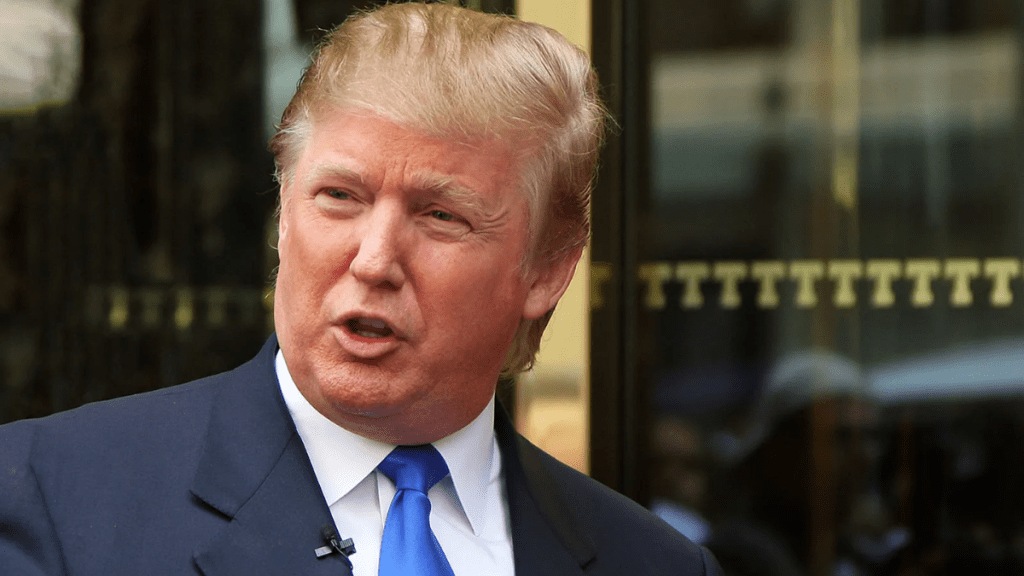US President Donald Trump’s decision to impose sweeping new tariffs has triggered a full-scale trade war with China, sparking global economic uncertainty and causing major stock market indices to plummet. On Friday, the S&P 500 fell by 6%, the Dow Jones Industrial Average dropped 5.5%, and the Nasdaq composite slid 5.8%, marking one of the sharpest market downturns in recent years.
China swiftly responded, announcing a 34% tariff on all U.S. imports starting next week. The move is the latest in a tit-for-tat escalation that has rattled investors and drawn global condemnation. “The market has spoken,” China’s Foreign Ministry spokesperson Guo Jiakun commented in a social media post showing the U.S. market crash.
Beijing issued a strongly worded statement through Xinhua News Agency, accusing the U.S. of economic bullying. It described the U.S. tariffs as a unilateral, protectionist move that undermines the global trading system and violates WTO rules. China pledged to continue taking firm action to protect its national interests while promoting economic openness.
Meanwhile, major companies are already feeling the heat. British automaker Jaguar Land Rover has paused shipments to the U.S. this month in response to the 25% import tax, saying it’s reassessing its trade strategy in light of the new levies.
President Trump remained defiant, posting on Truth Social that China has been hit “much harder” than the U.S. by the tariffs. “We have been the dumb and helpless ‘whipping post,’ but not any longer,” he wrote from his golf course in Florida.
Elsewhere, Italy’s Economy Minister Giancarlo Giorgetti warned against retaliatory tariffs, calling instead for a “pragmatic” approach and urging the EU to de-escalate tensions. He also called for easing fiscal rules to support member states’ economies amid the turmoil.
Taiwan, too, is preparing to cushion the blow. Premier Cho Jung-tai announced a $2.65 billion fund to support industries affected by the 32% U.S. tariffs, including IT, steel, machinery, and agriculture.
As nations brace for the ripple effects of a deepening trade conflict, the future of global economic cooperation remains uncertain.

